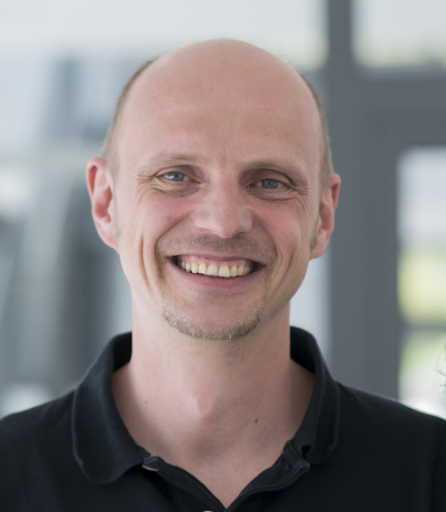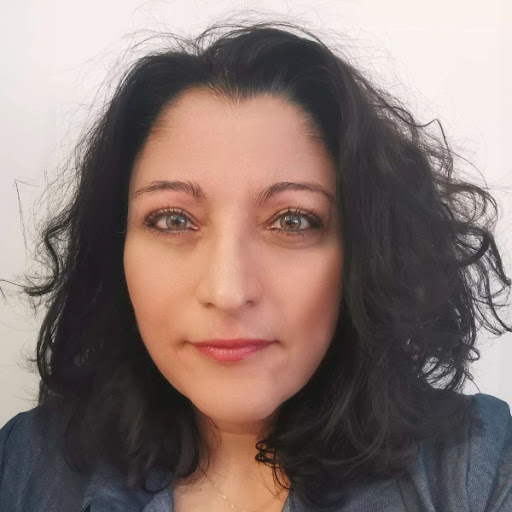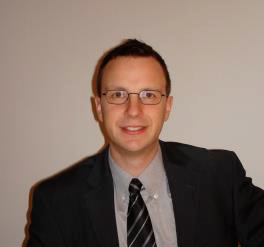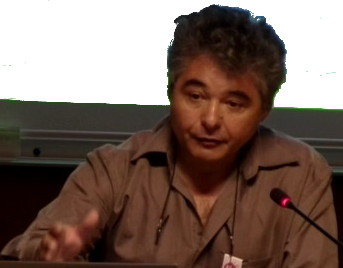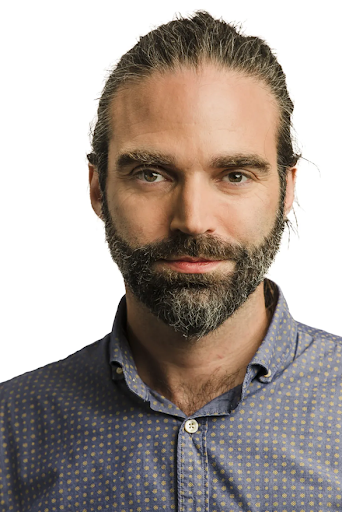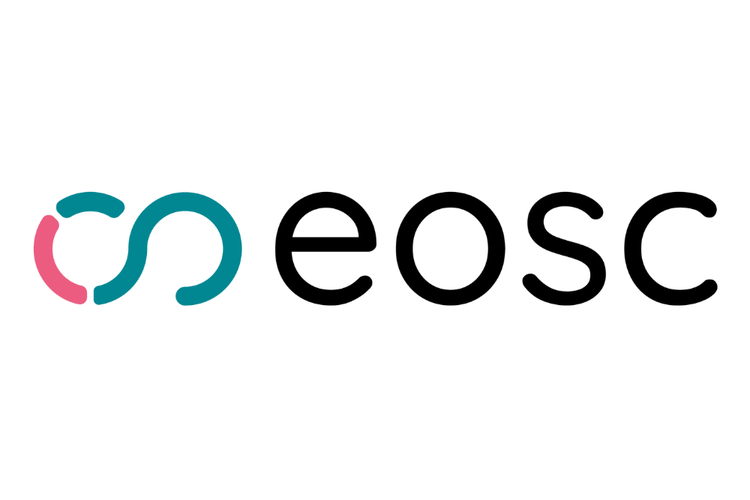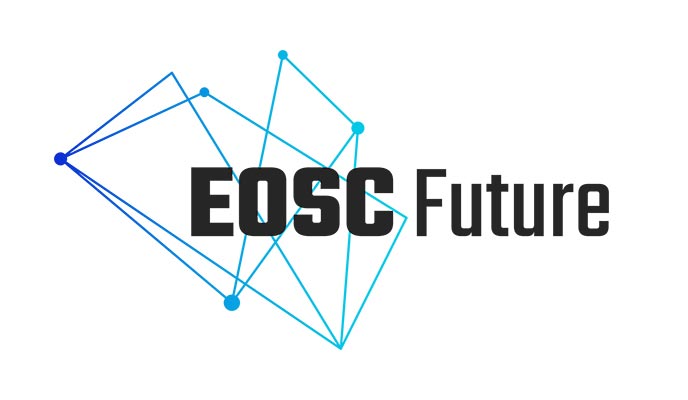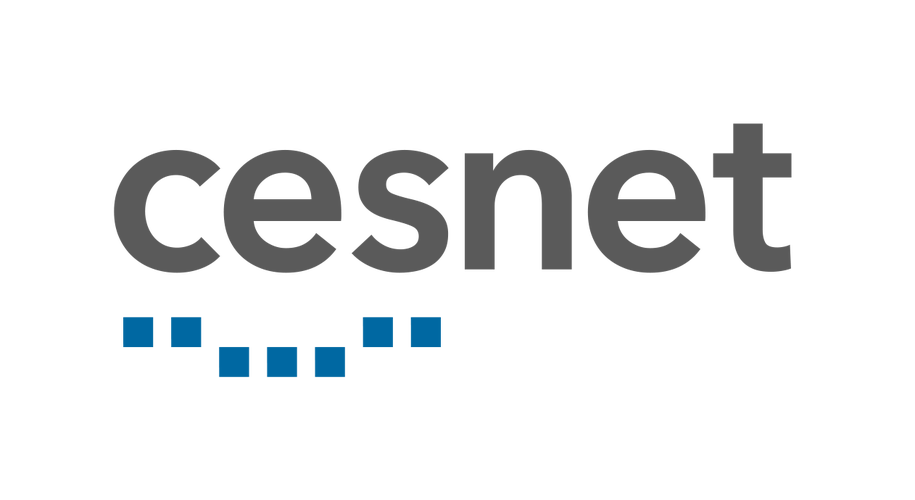Contributions to the EOSC MVE beyond EOSC Future and the INFRAEOSC07
Organiser:
Programme Committee
About the session
This session presents 8 talks describing a variety of projects and tools supporting the creation of the EOSC MVE. You can find more info about the talks, speakers and relevance for the EOSC below.
The presentations are available here
Agenda
| Timing | Topic | Speakers |
| 09:00 | Introduction | Per Oster, (CSC) |
| 09:05 | Talk #1 A membership and inventory app for the food metrology research infrastructure METROFOOD-RI | Karl Presser, (Premotec GmbH) |
| 09:15 | Talk #2 OpenWebSearch.EU: Towards an open Web Search Infrastructure | Michael Granitzer, (University of Passau) |
| 09:25 | Talk #3 Considering data harmonisation and quality information in European marine metrology research infrastructures | Markus Konkol, (52°North Spatial Information Research GmbH) |
| 09:35 | Talk #4 AI4EOSC: towards a scientific exchange for AI researchers in the EOSC | Alvaro Lopez Garcia, (CISC) |
| 09:45 | Talk #5 IntelComp: AI driven policy making using open scientific data | Androniki Pavlidou, (Athena Research Center) |
| 09:55 | Talk #6 Involving researchers in Open Science: the SoVisu innovative solution | David Reymond, (Université de Toulon) |
| 10:05 | Talk #7 InterTwin: extending the technical capabilities of the EOSC with modelling and simulation tools (Digital Twin Engine) integrated with EOSC compute platform | Xavier Salazar, (EGI Foundation) |
| 10:15 | Talk #8 Which open data are relevant for my research? | Sebastian Sigloch, (SWITCH) |
| 10:25 | Conclusion and wrap-up | Per Öster, (CSC) |
About the talks and relevance for the EOSC
Talk #1 – METROFOOD-RI is a Research Infrastructure (RI) for promoting metrology in food and nutrition. In the preparatory phase, the RI implemented a membership app to inventorise all physical and electronic facilities, classifying them to a specific RI topic. Each facility has a dedicated page for name, contact details, and information about financial and human resources, equipment, upgrade plans, and the involvement in the RI activities. The membership app also contains information about provided services and quality management of each facility and will play a significant role when ordering METROFOOD-RI services. The app defines different access roles for users that differentiate institutes, facilities, and financial rights and can be used at the central hub, national nodes, and institute level
METROFOOD-RI entered the ESFRI roadmap in 2018 and is currently on its way to reach the ERIC status. The created membership app shows how a RI inventories its physical and electronic facilities which is a common task for RI and also for many EOSC members. The membership app can provide inspiration for RIs and EOSC members on how such an inventory can be built and used for services provision while securing confidential information on the institute, national and central hub level. The app can also stimulate the exchange between partners to get better solutions in the future. Finally, EOSC itself is providing some services and such an inventory app could also be interesting for EOSC.
Talk #2 – In this talk we want to introduce the newly started EU project OpenWebSearch.EU to the EOSC Stakeholder. OpenWebSearch.EU aims to create the basis of an open European infrastructure for web search, based on European values and jurisdiction and centered around the concept of a fully open, re-usable index of the Web. While such an index is relevant for different stakeholders over Europe, we see particular application cases in search for research artifacts in the web beyond traditional publications. In the talk we aim to highlight the idea behind an open index and want to explore possible contributions to EOSC services like EUDAT’s B2Share. Beyond a potential use in EOSC services, an open index could be an interesting research resource itself and a cornerstone in data-centric AI research.
Web search is a key research instrument which is currently dominated by global enterprises with commercial interest. The developments in our project could provide a possible alternative (or extension) for web search in the EOSC. By engaging early with relevant stakeholders and users in the EOSC, we can consider relevant use cases, which might lead to future EOSC services.
Talk #3 – The goal of the EU-funded Project MINKE is to integrate European marine metrology research infrastructures and propose a framework of quality of oceanographic data. One of the key objectives is to achieve data harmonisation, for example, during the integration of sparse accurate sensors and low-cost instruments. Furthermore, we aim at investigating ways to communicate quality information transparently to users. In this talk, I will outline our efforts to ensure the harmonised curation, preservation, and provision of data collected or created in MINKE. I will provide some initial insights into the identification of relevant standards for interoperable data sharing, semantic interoperability, and additional considerations to handle uncertainty information.
In the MINKE project, we will explore solutions to enable the interoperable sharing of observation data via e-infrastructures with a focus on the European Open Science Cloud. We aim to deliver EOSC services for harmonised data access and guidance documentation (e.g., best practices) considering workflows to publish data, the provision of metadata, findability and accessibility of the data, and access control mechanisms. The direct connection of MINKE to EOSC is also provided through its collaboration with the Cos4Cloud project, which aims to develop services for Citizen Observatories within the EOSC framework.
Talk #4 – AI4EOSC is a newly funded project that will deliver an AI exchange for researchers in the EOSC, continuing the work initiated by the DEEP collaboration, thus allowing to exploit pan-European e-Infrastructures. AI4EOSC will enhance the current offer of AI and machine learning services offered through the EOSC portal with special focus on easier provider onboarding, privacy preserving methods and the exploitation of distributed datasets. In this presentation we will describe our plans for the next years, starting from the current design and architecture, the initial set of use cases that we will support in order to co-design our development, as well as additional engagement activities for other stakeholders.
AI4EOSC aims at building an open AI exchange for the European Open Science Cloud, allowing AI researchers across Europe to share their models, datasets and results, with easy access paths to use the existing EU e-Infrastructures.
Talk #5 – IntelComp will create a web platform where public administrators, research funders, policy makers, and researchers can monitor and view visualisations of research outcomes, impact, technological trends, track science findings, evaluate and benchmark quantitative results of funds with qualitative criteria, by running advanced tools. IntelComp involves its users in the design and co-creation process, by organising workshops, living labs. IntelComp focuses on STI (Science Technology and Innovation) policy and more specifically on three focus areas: AI, Health, Climate change. IntelComp actors will experience the added value of national research and its outputs when combined with public domain and private data, and run on EOSC services and resources.
IntelComp, is a European project, Horizon 2020, GA: 101004870, bringing together policy makers, an Open Science e-infrastructure and EOSC CORE provider, a federated EOSC, EuroHPC computing provider, academia, researchers, developers of advanced AI tools, citizens. Its goal is to use open (big) data from research outcomes (OpenAIRE Research Graph), combined with data from the public domain (PSI) to transform policy formulating, making and validating in Europe, using AI driven tools. The interoperability guidelines of EOSC Interoperability framework are applied in the creation of the IntelComp STI Data Lake. Data is collected, processed, analysed, shared by services following FAIR principles. Services would be registered on EOSC Marketplace
Talk #6 – This talk will present an innovative solution that helps researchers know the status of their academic production and the quality of the description to fill up the lexical content attached to their own profile. This open-source system called SoVisu provides a cartography of researchers’ production (only if they have activated their account on the French archive HAL and checked their researchers IDs). To get better representation of their informational profile, it delivers links to correct issues they may found. Reciprocally, the systems indexes qualified information by the experts on their own production to set up a highly confident Current Research Information System (CRIS). The qualified data remains open to Application Programming Interface.
The presented system shows many features in the technological state of the art that tackle several issues or challenges. These include the quality of data description, bibliometrics on qualified data by experts, cloud featured solution, open source and shareable interconnections, but also the lack of involvement in several disciplines. The results (one year in production) show very high level of engagement. Many dashboards made for policy makers or sponsors will also be presented.
Talk #7 – The interTwin project’s will develop a Digital Twin Engine prototype and blueprint architecture. It will deliver generic modular capabilities for high volume and high-speed data acquisition and pre-processing, big data assimilation into models, forecast production by simulation models, real-time processing of data, and validation of accuracy in modelling and simulation. The prototype will be used in the context of different Digital Twin applications and the modularity will be demonstrated with a set of specific simulation and modelling capabilities. The project aims to fulfil the needs of scientific communities from different domains, federating research data from High Energy Physics, Radio Astronomy, Gravitational-wave Astrophysics, Climate research and Environmental monitoring domains.
The EGI Federation’s ambition is to offer the Digital Twin Engine as part of the EOSC service catalogue. It will extend EOSC with capabilities that are not yet available. The DTs developed in the project will also be onboarded in the EOSC Portal, and the DTE will make use of the EOSC compute and storage federated platform. The project is committed to supporting the EOSC interoperability guidelines for access and orchestration as well as integrating with the EOSC core services such as AAI and accounting and will extend the EOSC accounting capabilities with features to include HPC resources.
Talk #8 – Which open data are relevant for my research? This talk provides an overview of the Connectome Project, a Swiss research infrastructure in development that aims to improve the discoverability of open data from different sources and their use in research and education. The added value created by the project lies in the semantic linking of open research data with non-scientific open data. More specifically, this talk will give an overview of the ongoing activities on metadata crosswalks, metadata enrichment and data insight generation. The talk will conclude with an overview of potential collaborations at the European level.
Like the EOSC, the Connectome Project aims to improve the interoperability of local data providers to increase visibility and discoverability of their data. The single components of the planned infrastructure could be reused in other international projects within the EOSC to collect metadata from different sources and harmonise them into reusable, linked open data.
(RE)WATCH
Do you want to (re)watch the session? Take a look below.
If you want to (re)live the full Symposium? Take a look at the EOSC Portal youtube channel.
